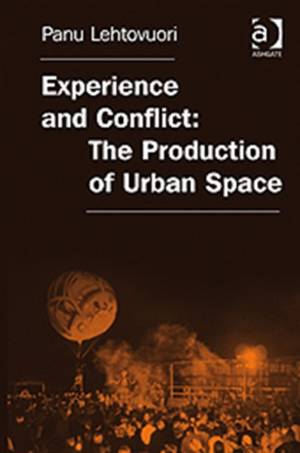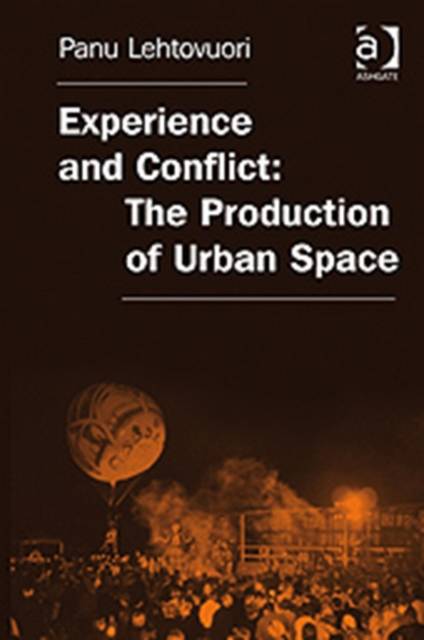
- Afhalen na 1 uur in een winkel met voorraad
- Gratis thuislevering in België vanaf € 30
- Ruim aanbod met 7 miljoen producten
- Afhalen na 1 uur in een winkel met voorraad
- Gratis thuislevering in België vanaf € 30
- Ruim aanbod met 7 miljoen producten
Zoeken
€ 290,45
+ 580 punten
Uitvoering
Omschrijving
When designing, planning and building urban spaces, many contradictory and conflicting actors, practices and agendas coexist. This book propounds that, at present, this process is conducted in an artificial reality, 'Concept City', characterized by a simplified and outdated conception of space. It provides a constructive critique of the concepts, underlying the practices of planning and architecture and, in order to facilitate more dynamic, inclusive and subtle practices, it formulates a new theory about space in general and public urban space in particular. The central notions in this theory are temporality, experiment and conflict, which are grounded on empirical observations in Helsinki, Manchester and Berlin. While the book contextualizes Lefebvre's ideas on urban planning and architecture, it is in no way limited to Lefebvrean discourse, but allows insights to new theoretical work, including that of Finnish and Swedish authors. In doing so, it suggests and develops exciting new approaches and tools leading to 'experiential urbanism'.
Specificaties
Betrokkenen
- Auteur(s):
- Uitgeverij:
Inhoud
- Aantal bladzijden:
- 272
- Taal:
- Engels
Eigenschappen
- Productcode (EAN):
- 9780754676027
- Verschijningsdatum:
- 1/01/2010
- Uitvoering:
- Hardcover
- Formaat:
- Genaaid
- Afmetingen:
- 156 mm x 234 mm
- Gewicht:
- 557 g

Alleen bij Standaard Boekhandel
+ 580 punten op je klantenkaart van Standaard Boekhandel
Beoordelingen
We publiceren alleen reviews die voldoen aan de voorwaarden voor reviews. Bekijk onze voorwaarden voor reviews.











